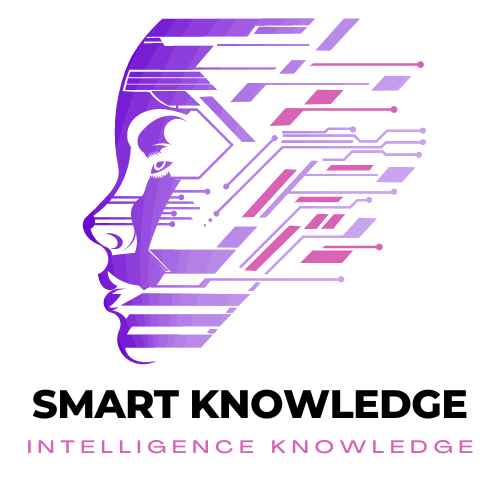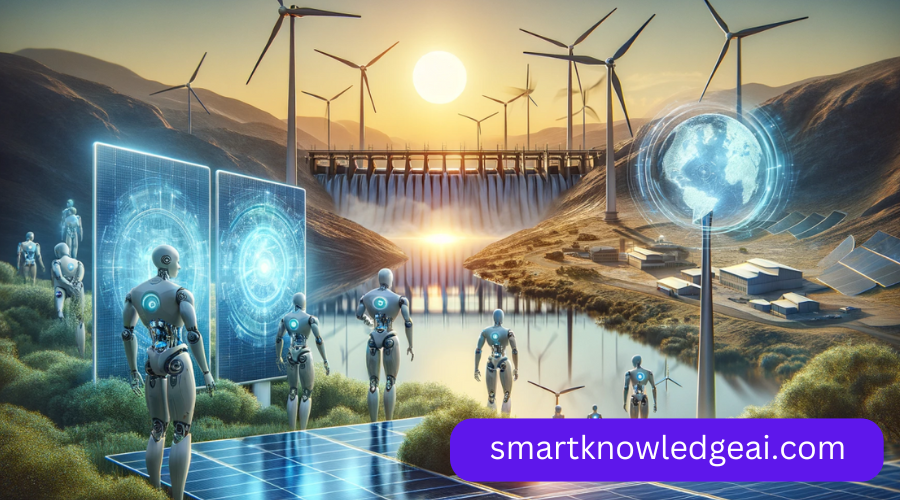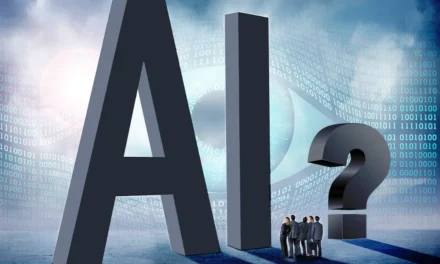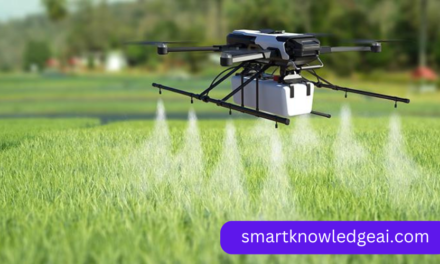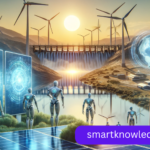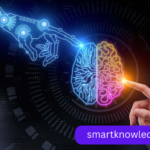Introduction
Artificial Intelligence (AI) is emerging as a critical tool in advancing renewable energy, enabling cleaner and more efficient energy production and distribution. With AI, industries are finding new ways to optimize energy use, improve grid reliability, and accelerate the transition to sustainable energy sources. This blog explores how AI is reshaping renewable energy, its applications in various sectors, and the impact on the journey toward a sustainable future.
1. AI in Solar and Wind Energy Optimization
AI technologies play a vital role in improving the efficiency of solar and wind energy:
- Weather Prediction for Solar Power: AI algorithms analyze weather patterns, cloud cover, and sunlight intensity to optimize solar power output, ensuring that resources are managed efficiently.
- Wind Turbine Management: By predicting wind patterns and adjusting turbine positions, AI maximizes the power generation of wind farms, reducing downtime and maintenance costs.
2. Smart Energy Storage Solutions
One of the major challenges in renewable energy is the storage and management of power. AI offers advanced solutions for this problem:
- Battery Management: AI optimizes battery charging and discharging processes, extending battery life and ensuring energy availability during peak demand.
- Predictive Maintenance: AI-driven maintenance systems predict potential storage unit failures, minimizing disruptions and enhancing reliability.
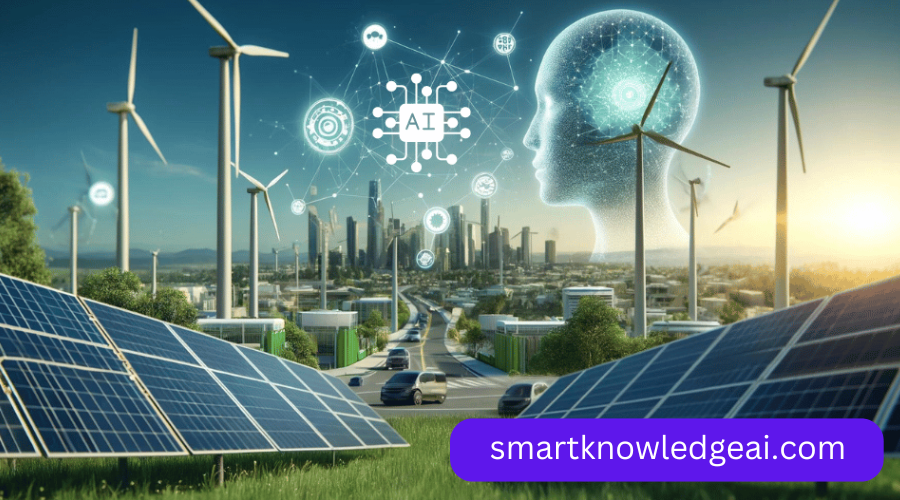
3. Enhancing Grid Management with AI
As renewable energy sources become more prevalent, grid management requires smarter solutions:
- Demand Forecasting: AI forecasts energy demand patterns, allowing grids to manage power distribution more effectively and reduce wastage.
- Energy Distribution Optimization: AI helps distribute power from various sources, balancing loads and reducing the risk of blackouts, even with fluctuating renewable energy inputs.
4. Improving Efficiency in Energy Production
AI enables a more efficient energy production process by integrating IoT devices, sensors, and data analytics:
- Smart Sensors in Power Plants: Sensors collect real-time data, which AI analyzes to adjust energy production according to demand and environmental factors.
- Waste Reduction: AI helps reduce waste in energy production by optimizing resource usage and enhancing operational workflows.
5. Environmental Impact and Sustainability Benefits
AI’s integration in renewable energy not only improves efficiency but also contributes to broader sustainability goals:
- Reducing Carbon Footprint: AI enhances clean energy utilization, helping industries lower their carbon emissions and transition to eco-friendly operations.
- Supporting Global Sustainability Goals: Through improved energy management and waste reduction, AI supports worldwide efforts toward carbon neutrality and sustainable development.
Conclusion
Artificial Intelligence is proving to be a game-changer in renewable energy, driving efficiencies, reducing costs, and enabling a cleaner, more sustainable future. As AI technology continues to advance, its impact on renewable energy will only grow, making it a cornerstone of the global shift toward green technology and sustainable practices.
